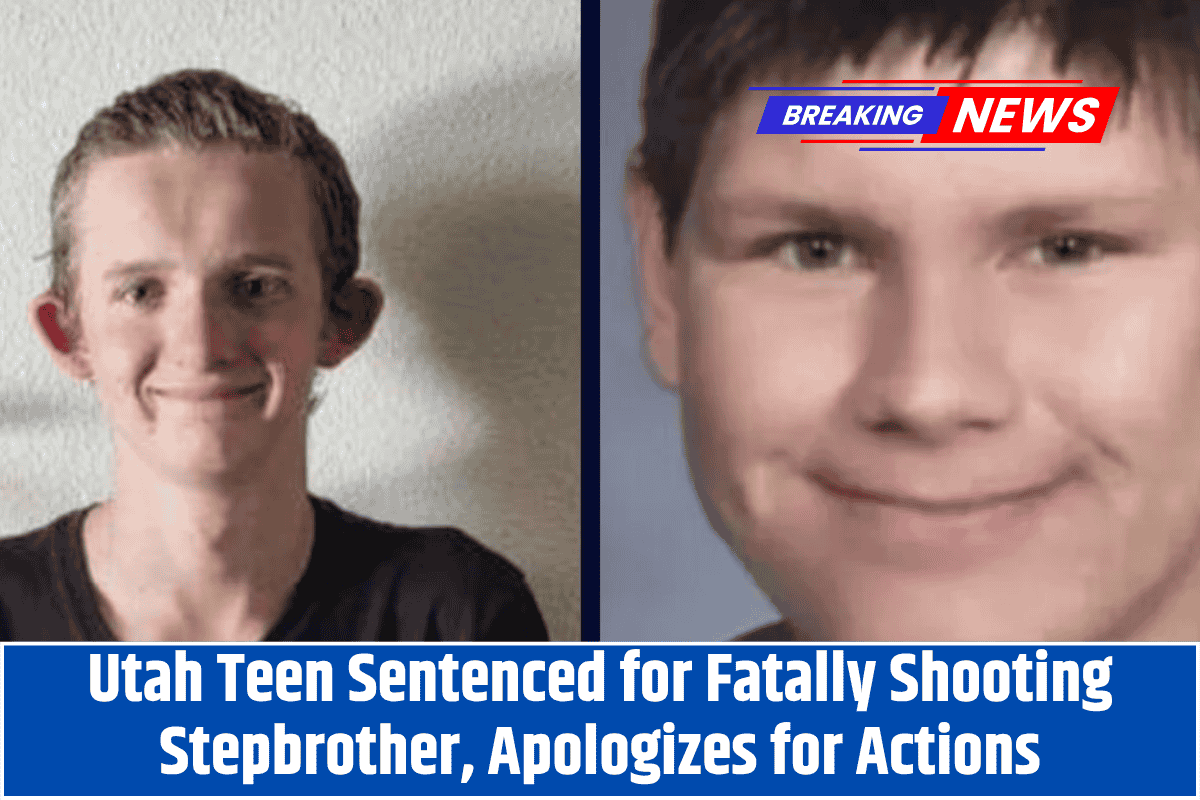Haegan Sagers, 17, was sentenced to two to 15 years in juvenile detention and prison on July 15 after pleading guilty to manslaughter for the fatal shooting of his 14-year-old stepbrother, Malaki Porter.
The shooting took place in September 2024, when Sagers was 16 years old. Originally charged with murder, Sagers’ plea deal reduced the charges to manslaughter.
The Tragic Incident and Family Dynamics
According to Stormi Hass, Porter’s mother, and the live-in girlfriend of Sagers’ father, both boys were raised in a household that emphasized the importance of firearm safety.
However, Hass stated in court that her stepson, Sagers, had “no qualms about pulling the trigger,” even after understanding the devastating consequences of gun violence. She said, “Sagers knew what firearms can inflict on another,” and yet he still chose to harm Malaki.
Hass expressed her profound grief, saying, “Not only did I lose one child that day, I lost both of my boys.” Despite her sorrow, she made it clear that she wanted Sagers to face the consequences of his actions. “I wanted Haegan to experience the repercussions of what he did,” Hass said, referring to the tragic outcome of the shooting.
Evidence and Prosecutor’s Case
While the prosecutors did not believe the killing was premeditated, they presented evidence that Sagers had previously expressed a desire to harm or even kill his stepbrother in the period leading up to the shooting. Investigators also uncovered that Sagers had a tendency to solve problems with violence, which contributed to their charges.
Sagers’ account of the events surrounding the shooting changed multiple times during questioning. Initially, he told detectives that Porter came at him with the gun, and the shooting was accidental.
Later, he claimed that he took the gun from Porter and believed his stepbrother intended to harm him. At that point, Sagers pointed the gun at Porter’s left shoulder, intending to hurt him, not kill him.
Sagers’ Apology and Regret
In court, Haegan Sagers expressed deep remorse for killing his stepbrother. He apologized to Malaki and to his family, saying, “If I could say anything to Malaki, it would be how sorry I am, and how we should have talked through our problems.
Although he and I had our issues, he was a great friend and the best little brother you could ask for. I am very sorry.”
Sentencing and Consequences
Despite the apology, Sagers will face time in juvenile detention and potentially adult prison. The court’s decision, which was part of his plea agreement, will see him serve between two and 15 years. The case is a tragic example of the complexities surrounding gun safety and the consequences of violent actions within families.






